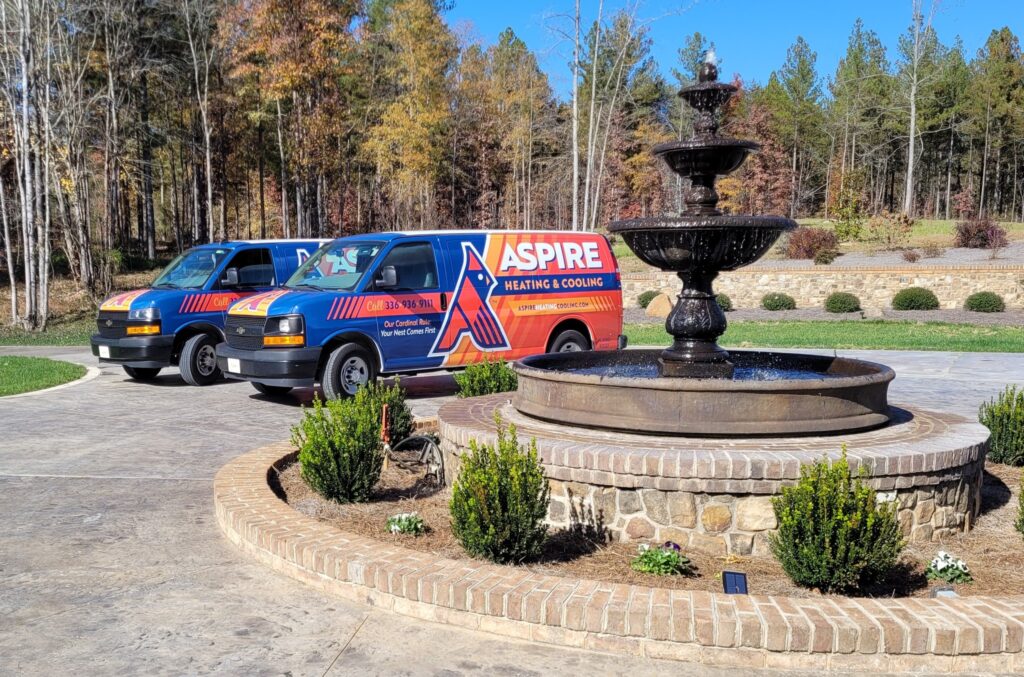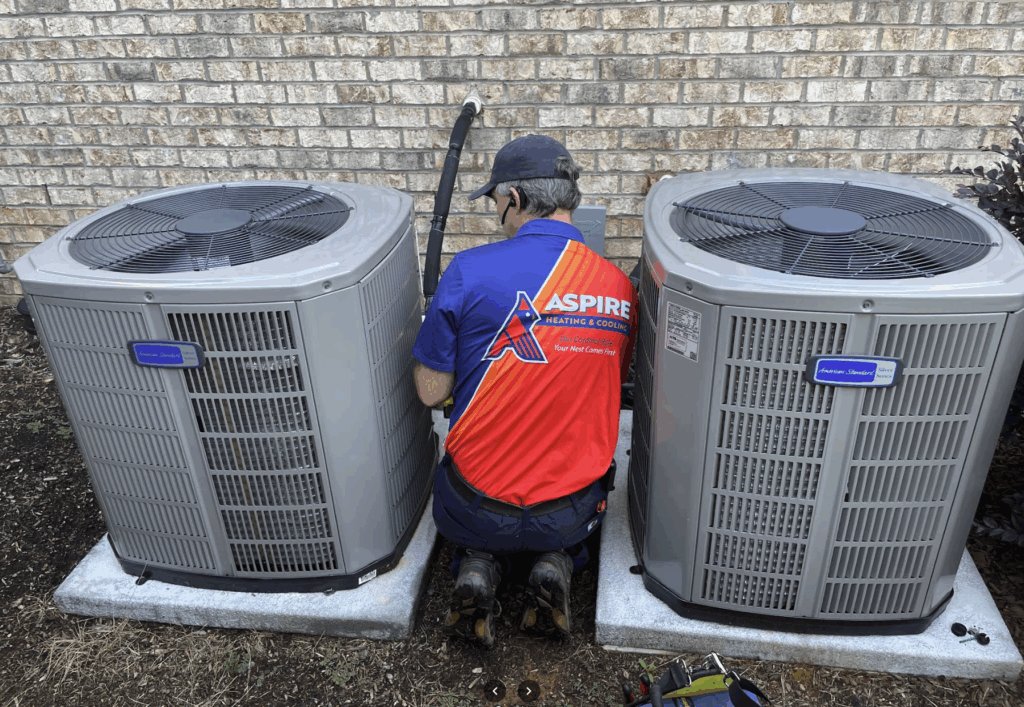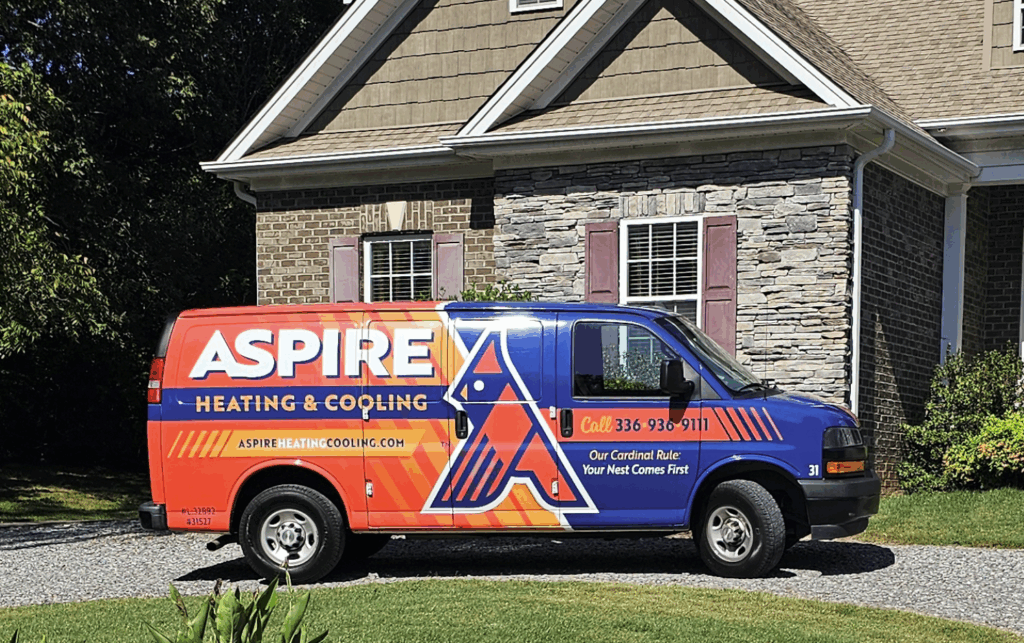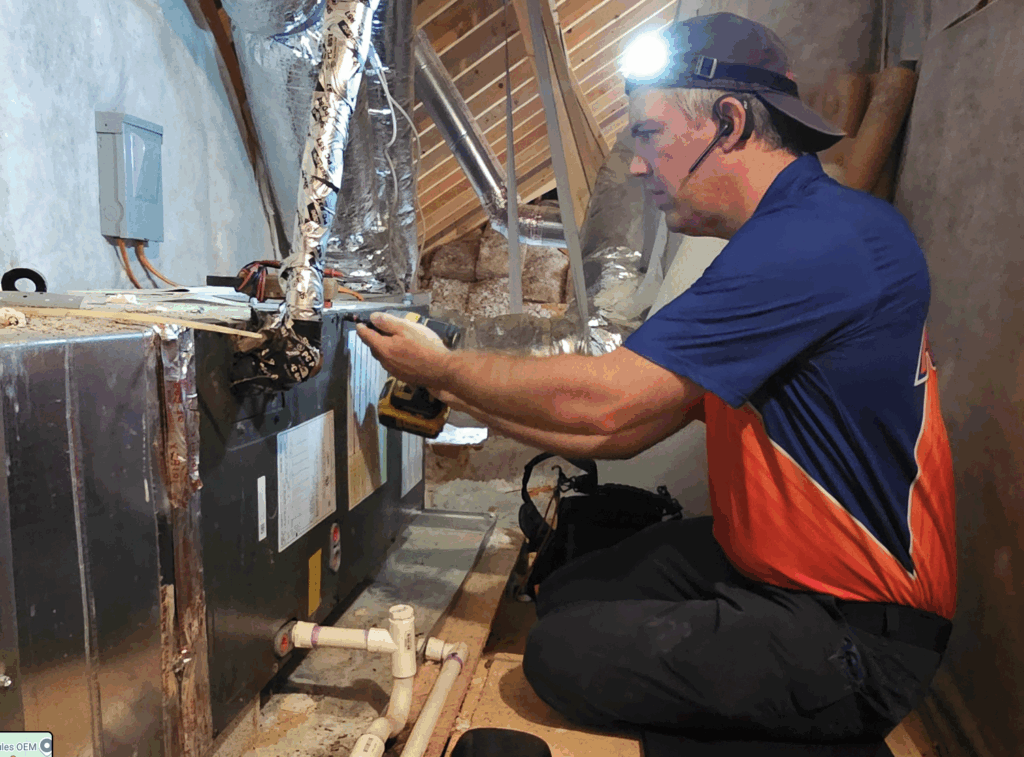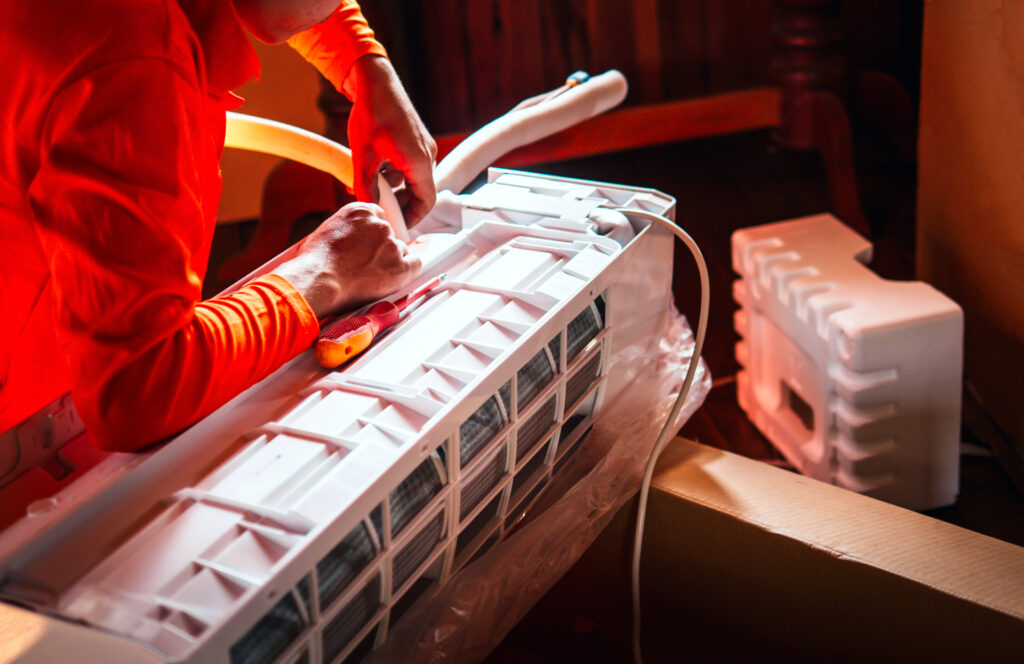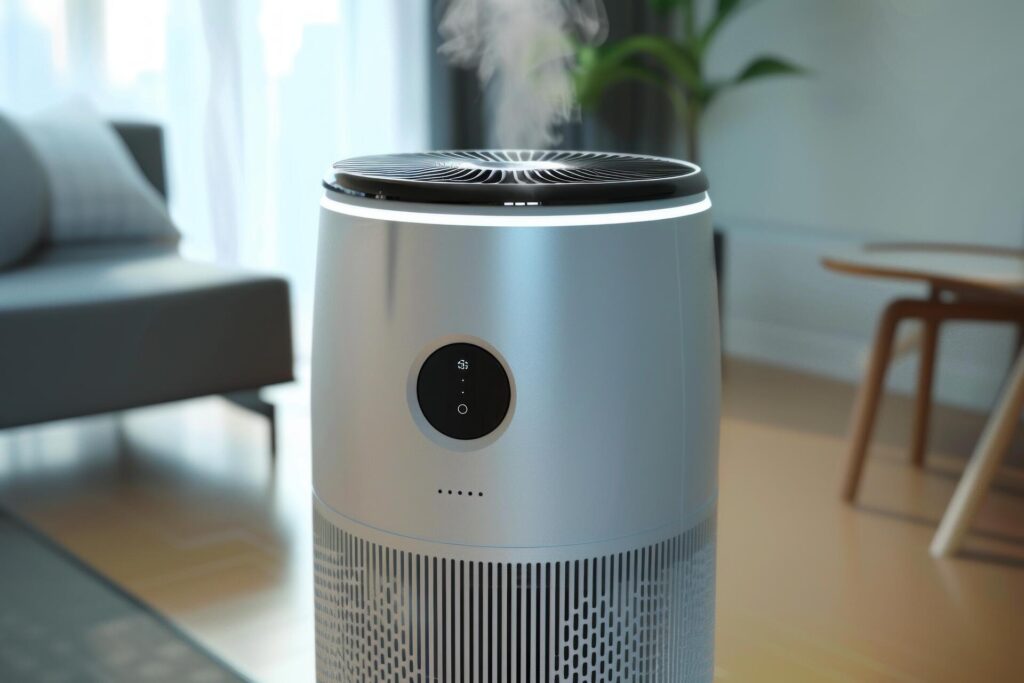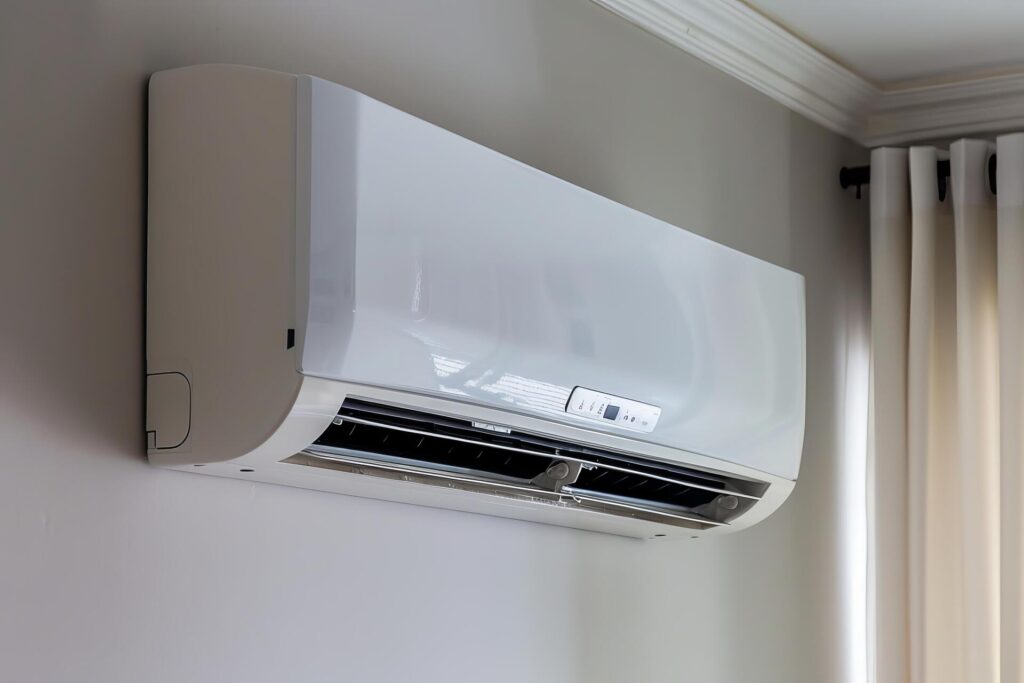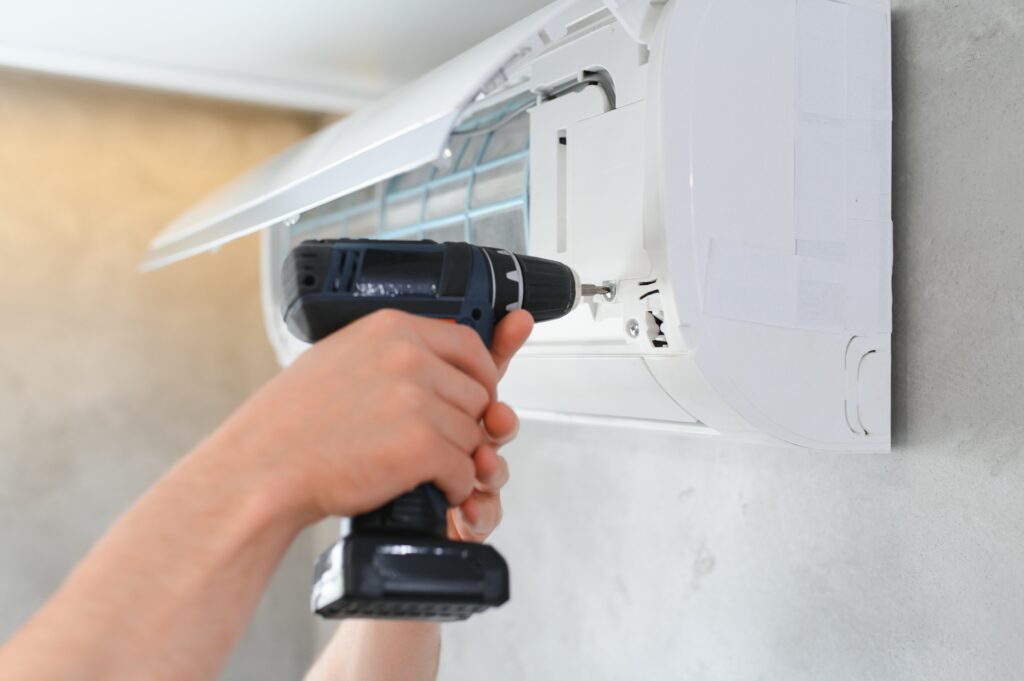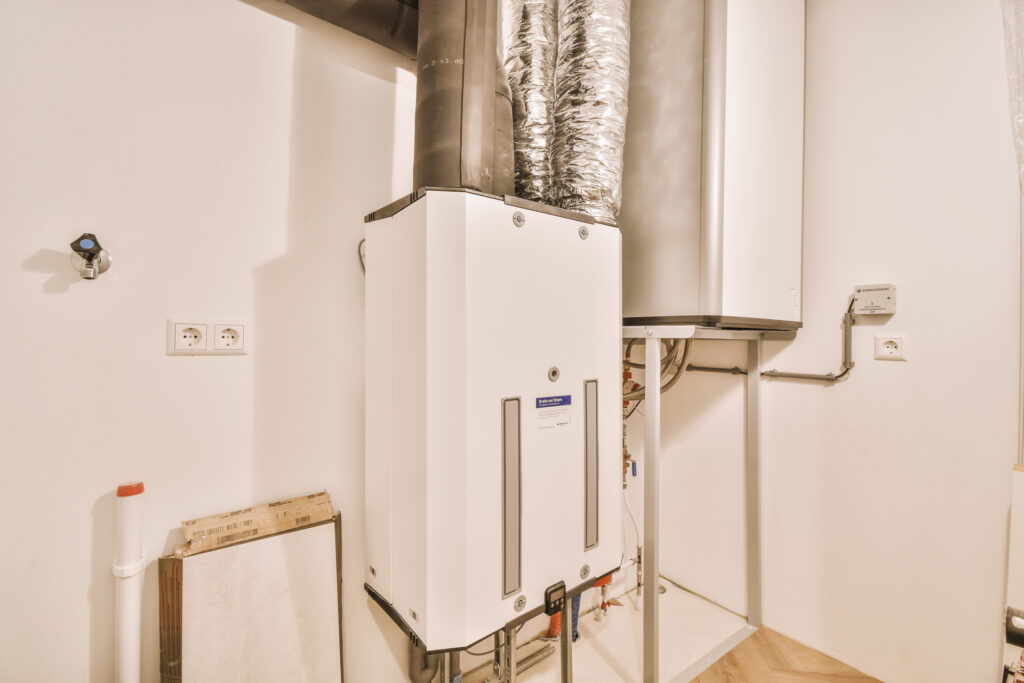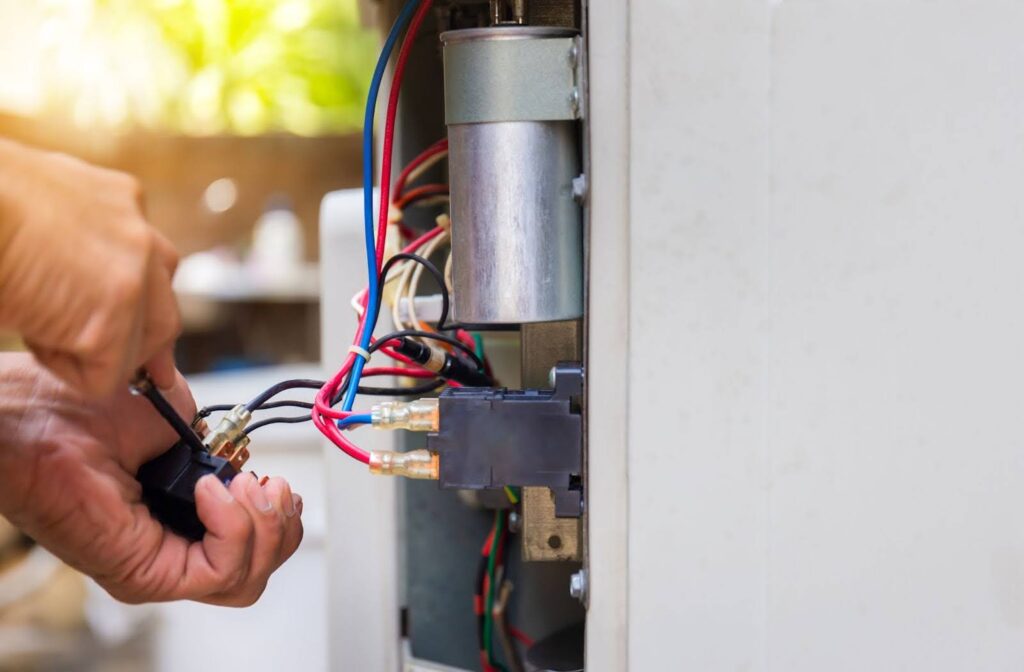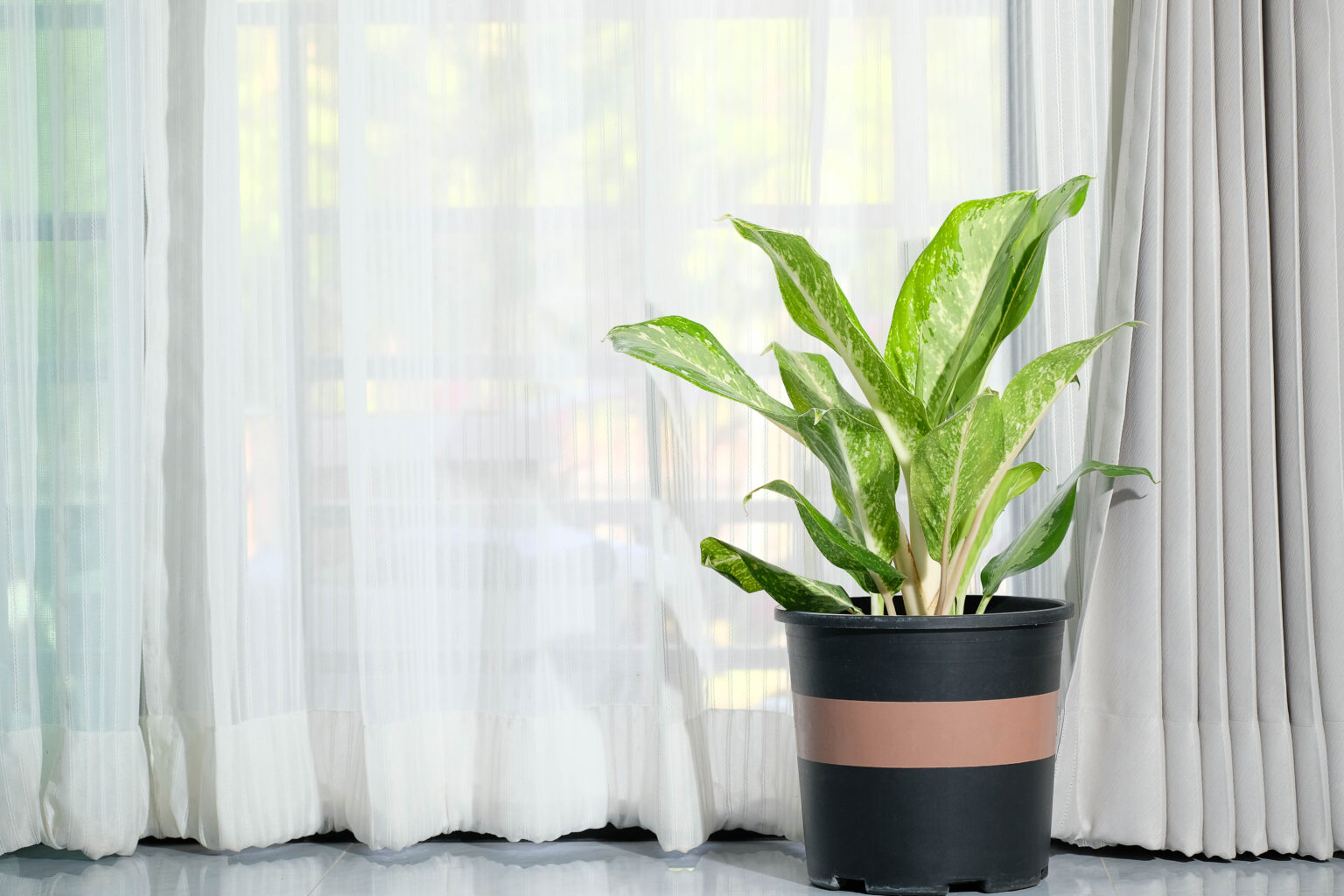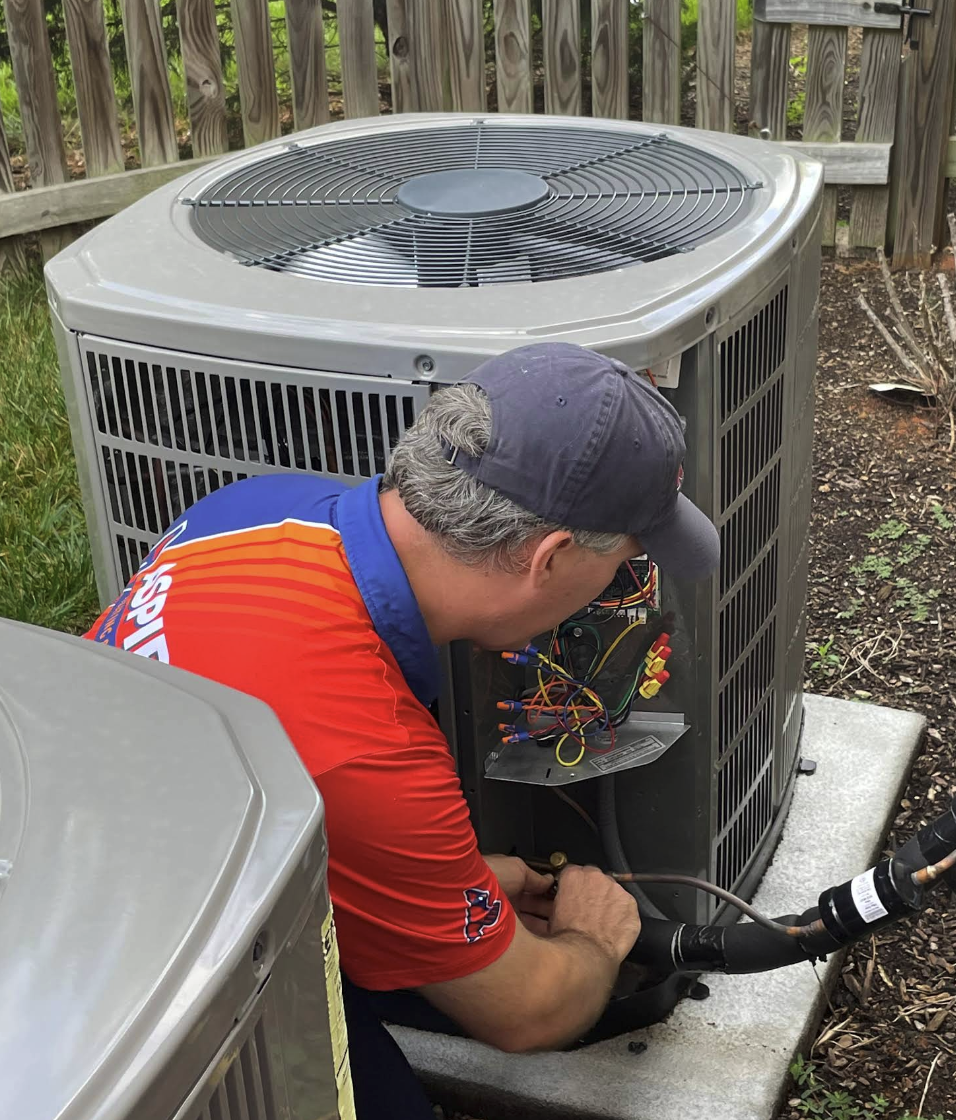Maintaining a comfortable and healthy home goes far beyond adjusting the thermostat or choosing the right furniture. One often-overlooked aspect is indoor air quality (IAQ), which can have a direct impact on your family’s health and daily well-being. At Aspire Heating & Cooling, we believe that understanding and improving indoor air quality is essential for anyone who wants to enjoy a truly comfortable living environment.
What Is Indoor Air Quality and Why Does It Matter?
Indoor air quality refers to the cleanliness and healthiness of the air inside your home. According to the Environmental Protection Agency, Americans spend about 90% of their time indoors, where some pollutants can be two to five times higher than typical outdoor concentrations. These pollutants can aggravate allergies, trigger asthma attacks, and contribute to other respiratory issues.
Common indoor air pollutants include dust, pet dander, pollen, volatile organic compounds (VOCs) from paint or furniture, mold spores, and even bacteria or viruses. Poor air quality can lead to symptoms like coughing, sneezing, eye irritation, fatigue, and headaches—issues you’d rather avoid in your sanctuary.
How HVAC Systems Improve Indoor Air Quality
Your heating, ventilation, and air conditioning system does more than just regulate temperature. It plays a critical role in filtering and circulating air throughout your home. The filters within your HVAC system are designed to capture airborne particles, preventing them from recirculating.
A well-maintained HVAC system with a high-quality filter can significantly reduce the level of dust, pollen, and other allergens in your home. At Aspire Heating & Cooling, we recommend using filters with a Minimum Efficiency Reporting Value (MERV) rating of at least 8 for most homes, and higher for those with allergies or respiratory concerns. Remember to change your filter regularly—typically every one to three months, depending on household needs and manufacturer recommendations.
Additionally, regular HVAC maintenance ensures your system is operating efficiently and not contributing to indoor air pollution. A neglected system may accumulate dust and moisture, potentially leading to mold growth and the spread of contaminants. Scheduling professional maintenance with a trusted team like Aspire Heating & Cooling helps keep your system clean and effective. For more on how our maintenance plans can help, visit our maintenance services page.
The Benefits of Air Purifiers in Your Home
Even with a high-quality HVAC filter, some microscopic particles and pollutants can slip through. That’s where air purifiers come in. These devices use advanced filtration technologies—such as HEPA filters, activated carbon, or UV light—to trap and neutralize particles that standard HVAC filters may miss. Portable HEPA air cleaners can reduce airborne contaminants, including viruses, in homes and other indoor spaces.
Air purifiers can be particularly beneficial for households with allergy sufferers, pets, or individuals with respiratory issues. They are also effective at reducing odors from cooking, smoke, or pets, creating a fresher indoor environment. When selecting an air purifier, consider the size of the area you wish to treat and the type of filter that best addresses your needs.
Humidity Management: The Hidden Key to Healthy Air
Humidity is another critical factor in indoor air quality. Ideally, indoor humidity should be kept between 30% and 50%. Too much moisture can promote mold and dust mite growth, both of which are common allergens. Too little humidity, on the other hand, can dry out your skin, throat, and nasal passages, making you more susceptible to colds and respiratory infections.
Dehumidifiers are effective tools for reducing excess moisture in damp areas like basements, while humidifiers add moisture to the air during dry winter months. Modern HVAC systems can also be equipped with integrated humidity control features, allowing you to maintain optimal levels automatically. Regularly monitoring your indoor humidity with a hygrometer is a simple step that can make a big difference.
Practical Tips for Improving Indoor Air Quality
While HVAC systems, air purifiers, and humidity control are foundational, there are everyday steps you can take to further enhance indoor air quality:
- Ventilate when possible: Open windows and use exhaust fans in kitchens and bathrooms to remove stale air and introduce fresh air.
- Keep your home clean: Frequent vacuuming with a HEPA-filter vacuum, dusting, and washing bedding can help control dust and allergens.
- Limit VOC exposure: Choose low-VOC paints and cleaning products whenever possible to reduce chemical pollutants.
- Control sources of moisture: Repair leaks promptly and ensure proper drainage to prevent mold growth.
For more detailed strategies tailored to your home, our Aspire Heating & Cooling team is always happy to help. Explore our indoor air quality solutions to see how we can support your goals.
How Often Should You Replace Your AC Unit?
While some may wonder about the lifespan of an air conditioning unit, it’s important to know that, on average, an AC unit lasts about 12 years when properly maintained. Regular upkeep and timely repairs can maximize its efficiency and longevity. If your system is approaching this age or you’ve noticed declining performance, it may be time to consult an HVAC professional to discuss your options.
Invest in Your Family’s Health with Aspire Heating & Cooling
A healthier home starts with clean, fresh air. By understanding indoor air quality and taking proactive measures—like maintaining your HVAC system, using air purifiers, and managing humidity—you can create a space that supports your family’s well-being every day.
If you have questions about your home’s air quality or want to explore specific solutions for your space, our experts at Aspire Heating & Cooling are here to help. Reach out to us online or call to schedule an indoor air quality assessment. Breathe easy, knowing you’ve taken the right steps toward a healthier, more comfortable home.

